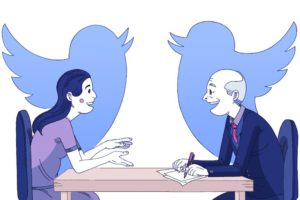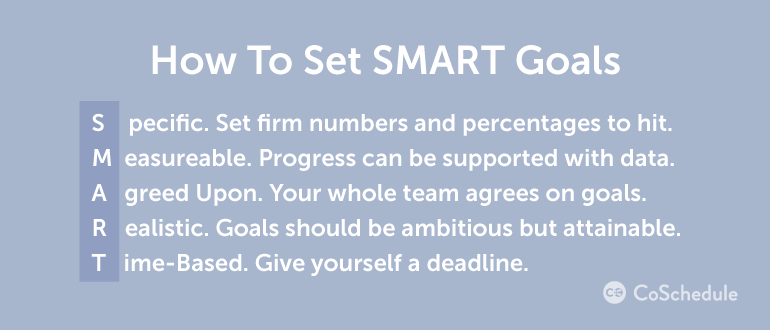What’s your management approach when it comes to communications? This article can’t be shared enough. Credit to HBR.

Around 11 p.m., you realize there’s a key step your team needs to take on a current project. So, you dash off an email to the team members while you’re thinking about it.
No time like the present, right?
Wrong. As a productivity trainer specializing in attention management, I’ve seen over the past decade how after-hours emails speed up corporate cultures. That, in turn, chips away at creativity, innovation, and true productivity.
If this is a common behavior for you, you’re missing the opportunity to get some distance from work, Distance that’s critical to the fresh perspective you need as the leader. And, when the boss is working, the team feels like they should be working.
Think about the message you’d like to send.
Do you intend for your staff to reply to you immediately? Or are you just sending the email because you’re thinking about it at the moment, and want to get it done before you forget? If it’s the former, you’re intentionally chaining your employees to the office 24/7. If it’s the latter, you’re unintentionally chaining your employees to the office 24/7. And this isn’t good for you, your employees, or your company culture. Being connected in off-hours during busy times is the sign of a high-performer. Never disconnecting is a sign of a workaholic. And there is a difference.
Regardless of your intent, I’ve found through my experience with hundreds of companies that there are two reasons late-night email habits spread from the boss to her team:
Ambition.
If the boss is emailing late at night or on weekends, most employees think a late night response is required. Or that they’ll impress you if they respond immediately. Even if just a couple of your employees share this belief, it could spread through your whole team. A casual mention in a meeting, “When we were emailing last night…” is all it takes. After all, everyone is looking for an edge in their career.
Attention.
There are lots of people who have no intention of “working” when they aren’t at work. But they have poor attention management skills. They’re accustomed to multitasking, and used to constant distractions. Regardless of what else they’re doing, they find their fingers mindlessly tapping the icons on their smartphones that connect them to their emails, texts, and social media. Your late-night communication feeds that bad habit.
Being “always on” hurts results. When employees are constantly monitoring their email after work hours — whether this is due to a fear of missing something from you, or because they are addicted to their devices — they are missing out on essential down time that brains need.
Experiments have shown that to deliver our best at work, we require downtime. Time away produces new ideas and fresh insights. But your employees can never disconnect when they’re always reaching for their devices to see if you’ve emailed. Creativity, inspiration, and motivation are your competitive advantage. They are also depletable resources that need to recharge. Incidentally, this is also true for you, so it’s worthwhile to examine your own communication habits.
Company management can help unhealthy assumptions about email and other communication from taking root.
Be clear about expectations for email and other communications. Set up policies to support a healthy culture recognizing and valuing single-tasking, focus, and downtime.
Vynamic, a successful healthcare consultancy in Philadelphia, created a policy called “zmail.” Email is discouraged between 10pm and 7am during the week, and all day on weekends. The policy doesn’t prevent work during these times, nor does it prohibit communication. If an after-hours message seems necessary, the staff assesses whether it’s important enough to require a phone call. If employees choose to work during off-hours, zmail discourages them from putting their habits onto others by sending emails during this time. They simply save the messages as drafts to be manually sent later, or they program their email client to automatically send the messages during work hours.
This policy creates alignment between the stated belief that downtime is important, and the behaviors of the staff that contribute to the culture.
Also, take a hard look at the attitudes of leaders regarding an always-on work environment.
The (often unconscious) belief that more work equals more success is difficult to overcome, but the truth is that this is neither beneficial nor sustainable. Long work hours actually decrease both productivity and engagement. I’ve seen that often, leaders believe theoretically in downtime, but they also want to keep company objectives moving forward — which seems like it requires constant communication.
A frantic environment that includes answering emails at all hours doesn’t make your staff more productive. It just makes them busy and distracted. You base your staff hiring decisions on their knowledge, experience, and unique talents, not how many tasks they can seemingly do at once, or how many emails they can answer in a day.
So, demonstrate and encourage an environment where employees can actually apply that brain power in a meaningful way:
Ditch the phrase “time management” for the more relevant “attention management,” and make training on this crucial skill part of your staff development plan.
Refrain from after-hours communication.
Model and discuss the benefits of presence, by putting away your devices when speaking with your staff, and implementing a “no device” policy in meetings to promote single-tasking and full engagement.
Discourage an always-on environment of distraction that inhibits creative flow by emphasizing the importance of focus, balancing an open floor plan with plenty of quiet spaces, and creating part-time remote work options for high concentration roles, tasks, and projects.
These behaviors will contribute to a higher quality output from yourself and your staff, and a more productive corporate culture.
~Maura Thomas
Original POST





